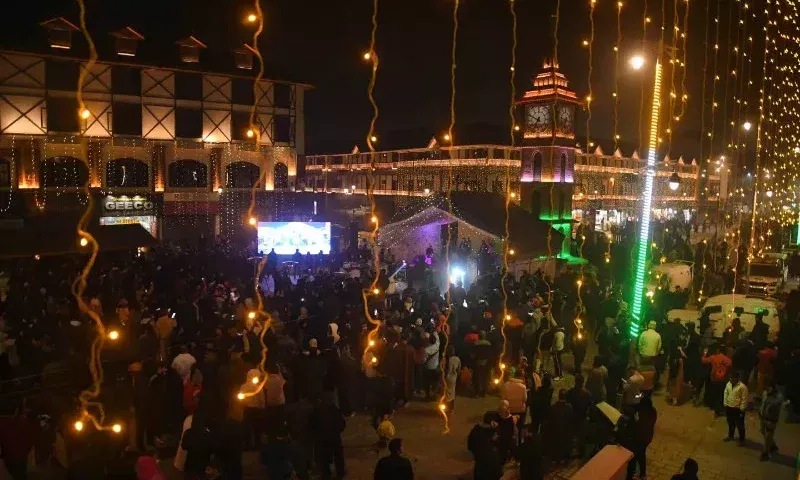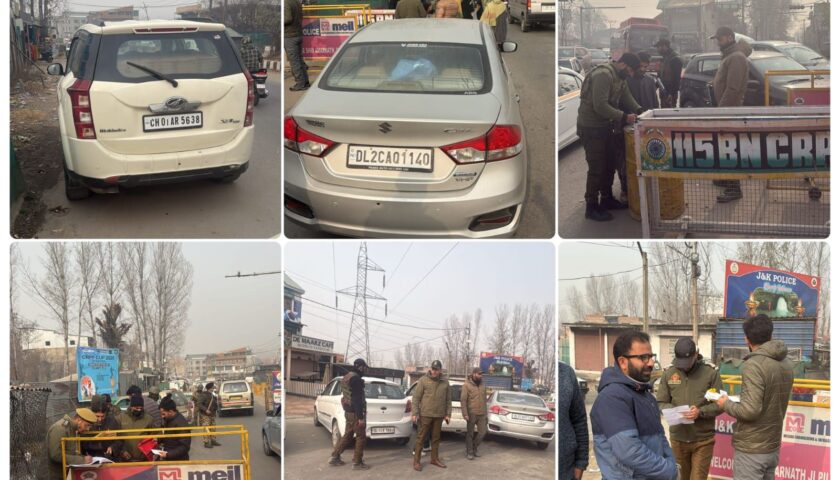The hardline faction of the Hurriyat Conference on Tuesday said people who link militancy in Kashmir with Islam were showing signs of political immaturity.
The Hurriyat Conference attributed militancy in Jammu and Kashmir to the long-pending Kashmir issue, and alleged state oppression against the people.
The statement issued by a senior Hurriyat Conference leader is likely to evoke debate in the restive state among different separatist groups.
“The Kashmir dispute has a living and a strong historical background and India has not only forcibly occupied this land for past 69 years but it is brutally crushing and muzzling peaceful voices of Kashmiris. These policies have caused reaction in the past and it continues to cause reaction. If anywhere in the world masses are suppressed and their voices are being muzzled, people, irrespective of their religion, will rise against oppression,” Hurriyat deputy general secretary Ghulam Nabi Sumji said.
“People who want to relate it (militancy) with Islam have particular mindset and they easily get overawed by others,” he added, claiming that the militancy in Jammu and Kashmir was the result of alleged state oppression and is not religion-driven, as argued by some experts.
The Hurriyat leader said the alleged oppressive tactics of the state were drawing Kashmir’s younger generation away from political struggle.
“That is why they are leaving universities and colleges and are taking path of brave-hearts,” he said, while alluding to new generation militants.
The statement comes at a time when Kashmir is witnessing growing support for younger militants.
There has been an increase in incidents of people gathering nearing encounter sites and pelting stones at police and army personnel in a bid to help militants escape.
Last week, the army issued a blatant warning to people cautioning them to stay away.
The police also issued an advisory last month asking people to stay away from encounter sites.
Though in recent months the army and police have killed a number of militants in proactive counter-insurgency operations, the security forces are unnerved as people near encounter sites engage security forces in stone-pelting.
After the encounters, people turned up in their thousands to participate in the funeral processions of the militants.
In October last year, around 35000 people gathered in the Kulgam area of South Kashmir for the funeral of Abu Qasim, the Lashkar-e-Taiba (LeT) commander in Kashmir.
It was one of the largest funerals in Kashmir in recent years. Qasim was killed in a gunfight in Kulgam district.
Monday, January 12, 2026
Breaking News
- Cold Wave Grips Kashmir as Shopian Records –8.2°C, Snow and Rain Likely Later This Month
- Mehbooba Mufti Slams NSA Ajit Doval’s ‘Revenge for History’ Remark, Warns of Communal Fallout
- Winter Writes in Sub-Zero Ink as Chillai Kalan Enters Peak Phase in Kashmir
- Vaishno Devi Medical College Row: An Education Row That Became a Political Flashpoint
- Winter Exercise Guide: 9 Safe and Effective Workouts to Boost Bone Strength and Flexibility



